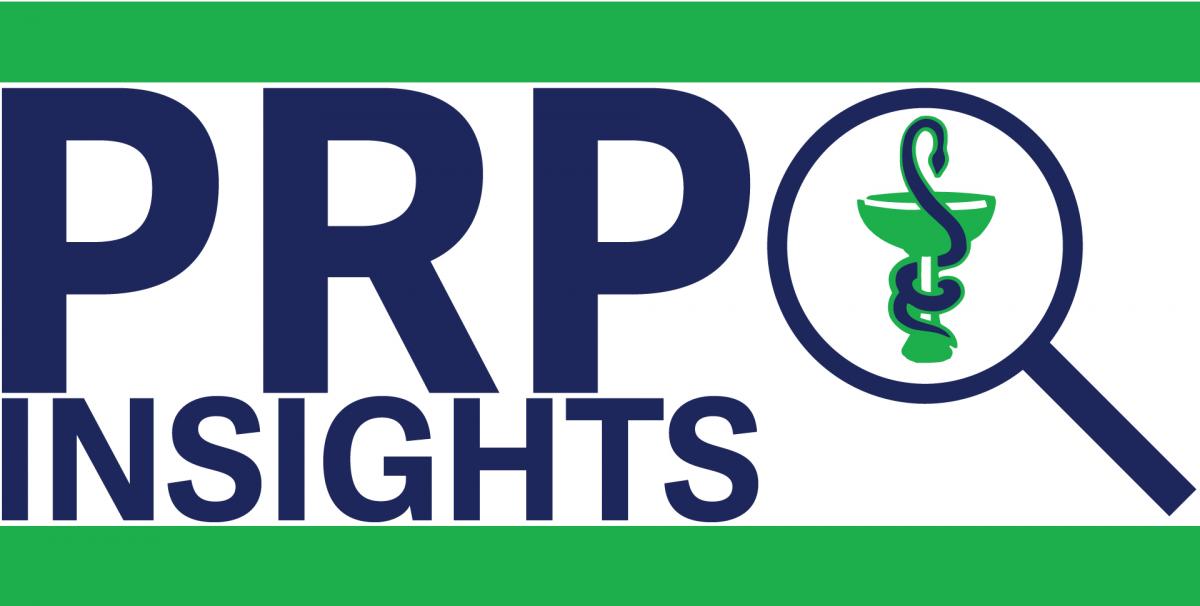PRP INSIGHTS x REGISTRATION: Review of OAT and Drug Administration Certification Training and Declaration Requirements
To ensure OAT and injection/intranasal drug administration services are provided safely and in compliance with College standards, registrants must complete the required training and certification process prior to providing these services. During Pharmacy Professionals Reviews, Compliance Officers have been reviewing these certifications and declarations to ensure that the required training has been completed and appropriate certification has been received. This article will outline these requirements and explain what Compliance Officers look for during reviews.
OPIOID AGONIST THERAPY TRAINING AND DECLARATION
Professional Practice Policy – 66 outlines the training and declaration requirements for registrants employed at a community pharmacy offering OAT services:
|
All pharmacy managers, staff pharmacists, and relief pharmacists employed in a community pharmacy that provides pharmacy services related to buprenorphine/naloxone maintenance treatment, methadone maintenance treatment or slow release oral morphine maintenance treatment must:
All pharmacy technicians employed in a community pharmacy that provides pharmacy services related to buprenorphine/naloxone maintenance treatment, methadone maintenance treatment or slow release oral morphine maintenance treatment must:
|
Currently, the training requirements can be met either by completing CPBC’s MMT training program or BCPhA’s OAT-CAMPP training program; however, all registrants working at a community pharmacy offering OAT services must eventually complete BCPhA’s OAT-CAMPP training program before the transition deadline of September 30th, 2021. After this deadline, the training requirements for providing OAT services can only be met by completing BCPhA’s OAT-CAMPP training program. During the transition period, registrants are encouraged to complete the OAT-CAMPP program as soon as practical.
These training requirements are mandatory for ALL registrants employed in a community pharmacy providing OAT services, regardless of the registrant’s level of involvement in dispensing OAT prescriptions.
During Pharmacy Professionals Reviews, Compliance Officers will be ensuring that registrants employed in a community pharmacy offering OAT services have:
- successfully completed either CPBC’s MMT training program or BCPhA’s OAT-CAMPP training program and after September 30, 2021, completed BCPhA’s OAT-CAMPP training program, and
- declared completion of their training through in eServices.
Learn more about the Opioid Agonist Treatment training requirements
DRUG ADMINISTRATION CERTIFICATION
In order to provide drug administration by injection or intranasal route, a practicing pharmacist must obtain and maintain drug administration certification (DAC) from the College.
For the purposes of DAC, a “practicing pharmacist” is defined as a full pharmacist, limited pharmacist, student pharmacist, temporary pharmacist, temporary limited pharmacist, and temporary student pharmacist.
To obtain DAC, a practicing pharmacist must complete:
- a CCCEP-accredited drug administration training program specified in the HPA Bylaws Schedule C, and
- possess a valid certification in first aid and CPR from a recognized provider.
Practicing pharmacists must apply for DAC through the College and have their application approved prior to administering any drug by injection/intranasal route.
Once a practicing pharmacist has obtained their DAC from the College, they must maintain their DAC in order to continue providing drug administration by injection and intranasal route by ensuring that in the preceding three years they have:
- Administered a drug via injection route or successfully completed a continuing education program in drug administration as specified in HPA Bylaws Schedule C, and
- Administered a drug via intranasal route or successfully completed the Intranasal Administration Online Module as specified in HPA Bylaws Schedule C, and
- Maintained valid First Aid and CPR certification throughout their drug administration certification as specified in HPA Bylaws Schedule C.
Some issues that the College has noted with regards to DAC include:
- First Aid/CPR certification is not maintained and expires. When this occurs, the DAC will no longer be valid and the practicing pharmacist must immediately cease from administering drugs via injection and intranasal route.
- Intranasal administration training is not maintained when a drug is not administered via intranasal route in the preceding three years. If a certified pharmacist has not administered any drug via intranasal route, they are still required to complete the intranasal administration training module every 3 years. This is required to maintain their DAC.
A practicing pharmacist with DAC will recertify that they meet the DAC requirements at their annual registration renewal. Registrants may use the Find a Pharmacy or Registrant section of our website to review whether they have a valid DAC.
During Pharmacy Professionals Reviews, Compliance Officers will be ensuring that pharmacists providing injection/intranasal drug administration services have:
- a valid drug administration certification, and
- have completed the intranasal administration online module and declared this training through eServices prior to administering any drug by intranasal route. This declaration is only required if intranasal administration training was not included in the CCCEP-accredited drug administration training program at the time the pharmacist completed it.
Learn more about applying for drug administration certification
Learn about renewing drug administration certification (as part of the registration renewal process)
- Practice Review Program, PRP Insights
 Share
Share



